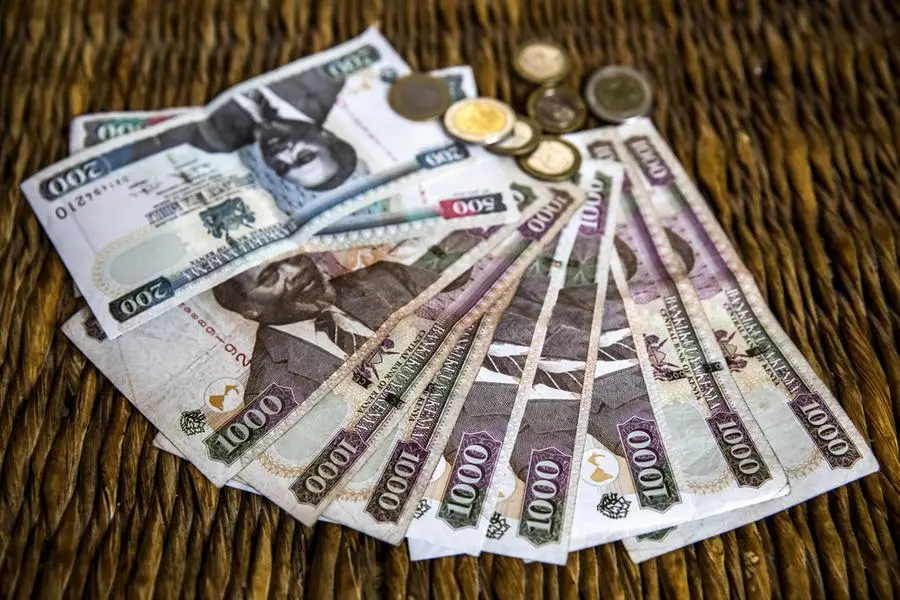PHOTO
The Central Bank of Kenya on Monday raised its policy lending rate by a quarter percentage point to stem rising inflation and stabilise the shilling.
The increase in the central bank rate (CBR) to 7.50 percent matched the expectations of most analysts who had said they expect the policy rate to rise further in the coming months as the country fights off inflationary pressure brought home by rising oil prices and the economic fallout from the Russia-Ukraine onslaught which has hit food supplies.
Read: Eyes on EA central banks as inflation bitesThe inflation — a measure of annual changes in the cost of living— hit 6.47 percent in April from 5.56 percent in the prior month, the Kenya National Bureau of Statistics reported last month.
This was the highest pace since last September when it stood at 6.91 percent.
CBK’s inflation-targeting Monetary Policy Committee (MPC) said that while the economy shows strong resilience, shocks from food shortages, a weak shilling, and imported inflation in the form of surging food prices could lead to a spike in consumer goods prices if the liquidity is not tightened.“The Committee noted the elevated risks to the inflation outlook due to increased global commodity prices and supply chain disruptions, and concluded that there was scope for a tightening of the monetary policy in order to further anchor inflation expectations,” MPC chairman and CBK governor Patrick Njoroge said after its meeting.“In view of these developments, the MPC decided to raise the Central Bank Rate (CBR) from 7.00 percent to 7.50 percent.”
The shilling traded at 116.71 on Monday, hitting a record new low against the dollar, setting the stage for costly imported goods such as cars, electronics, farm inputs and second-hand clothes as well as electricity amid a shortage of the US currency.
The weakening of the shilling has triggered fears of a fresh round of inflationary pressure, which has become a political headache for the government that has recently been forced to offer fuel subsidies to defuse social tension.
The tightening of liquidity is, however, expected to have a negative effect on access to credit for individuals and companies.
© Copyright 2022 Nation Media Group. All Rights Reserved. Provided by SyndiGate Media Inc. (Syndigate.info).




















